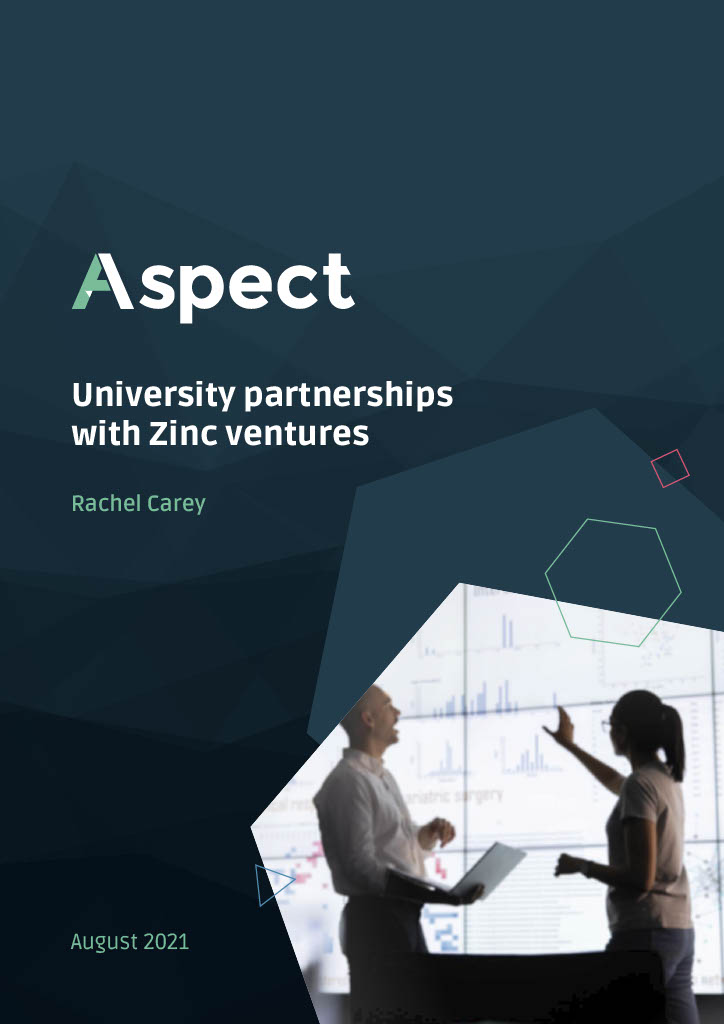Zinc Case Studies
Aspect funded a Research Fellowship programme, through which three researchers joined Zinc’s in-house R&D team. The researchers worked hands-on with the entrepreneurs who were part of the mission, as well as with the Zinc team and network of experts. Their work with the entrepreneurs focused on translating and embedding existing research as well as facilitating the generation and dissemination of new evidence. They also worked to build a network of researchers across different institutions that are interested in specific problem areas, with a view to creating learning transfer opportunities.
Photo by Johannes Plenio from Pexels






